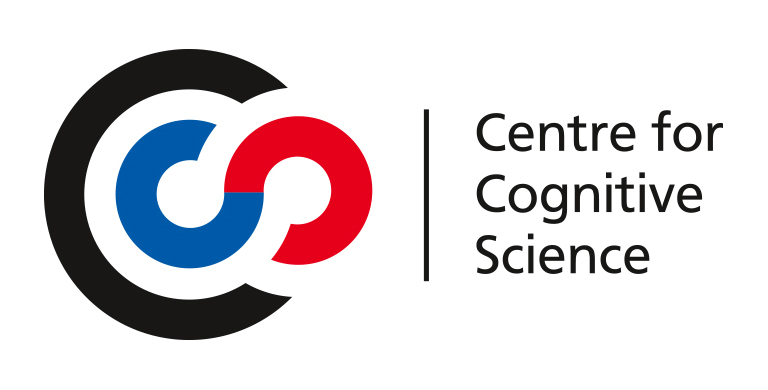Date: 16.12.20 15:20-17:00
Abstract:
How do people learn in real-world environments where the space of possible actions can be vast or even infinite? The study of human learning has made rapid progress in past decades, from discovering the neural substrate of reward prediction errors, to building AI capable of mastering the game of Go. Yet this line of research has primarily focused on learning through repeated interactions with the same stimuli. How are humans able to rapidly adapt to novel situations and learn from such sparse examples? I propose a theory of how generalization guides human learning, by making predictions about which unobserved options are most promising to explore. Inspired by Roger Shepard’s law of generalization, I show how a Bayesian function learning model provides a mechanism for generalizing limited experiences to a wide set of novel possibilities, based on the simple principle that similar actions produce similar outcomes. This model of generalization generates predictions about the expected reward and underlying uncertainty of unexplored options, where both are vital components in how people actively explore the world. This model allows us to explain developmental differences in the explorative behavior of children, and suggests a general principle of learning across spatial, conceptual, and structured domains.
Bio:


